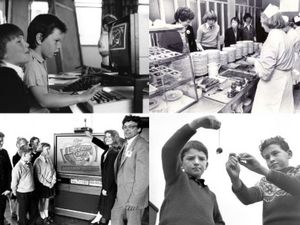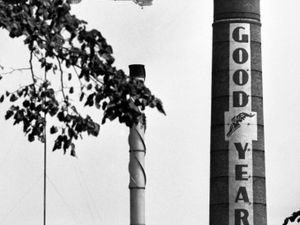Captured, wounded or killed – the blood and terror of D-Day recalled by our local heroes
Most of the men who fought on D-Day, June 6, 1944, have passed away.
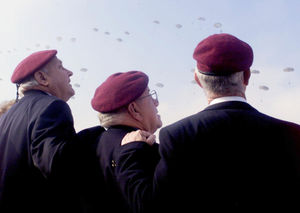
We have collected many memories of veterans over the years. Over the next week we will retell their stories, told first-hand, by some of the 100,000-strong band of brothers who stormed the beaches or dropped from the squally skies on a single day in June to seize a foothold in occupied France and begin the liberation of a continent.
D-Day, June 6 - 1am to 5.30am
High over occupied France in a converted Halifax bomber crammed with paras, 20-year-old Fred Browning of Alveley near Bridgnorth heard a strange new sound.
It was the sound of German bullets hitting the Halifax. Fred and his pals knew it was time to get out. They parachuted into Normandy in the opening minutes of D-Day. His unit, the 700 men of the Parachute Regiment’s 12th battalion, were widely scattered but he joined a small group and set off into battle.
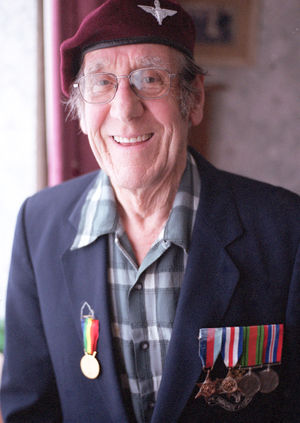
"We were straight into one or two skirmishes," he said. "It was bloody exciting. We all enjoyed it."
The battalion’s job on D-Day was to reinforce Major John Howard’s little force which had landed by glider and seized two vital bridges.
The lightly-armed paras were to hold the bridges until they were relieved. It was hard, bloody work. But the worst was to come six days later when the Germans, supported by tanks, launched two attacks on the paras.

As they withdrew over a bridge, the Brits came under sniper fire. Fred vividly recalls how a Commando sergeant grabbed the body of a dead German, put a red beret on its head and pushed the corpse over the parapet. The trick worked. The sniper fired, revealing his hiding place, and was instantly killed.
"He was a German soldier but he only looked 14 or 15."
Walter Johnson of Stourbridge was part of the Parachute Regiment’s Ninth Battalion (9 Para) whose job on D-Day was to smash the Merville Battery, a maze of minefields, bunkers and barbed wire containing four big guns aimed at the invasion beaches.
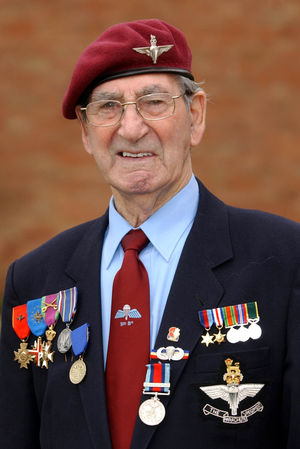
Seven hundred paras trained for the attack. But on the night of June 5, they flew into heavy German fire.
The battalion was scattered all over the coastal area and lost all its heavy weapons.
Only 150 paras showed up for the assault, less than one-quarter of the force.


